What is Google Cloud – Overview, Features, and Detailed Tools
- Published on
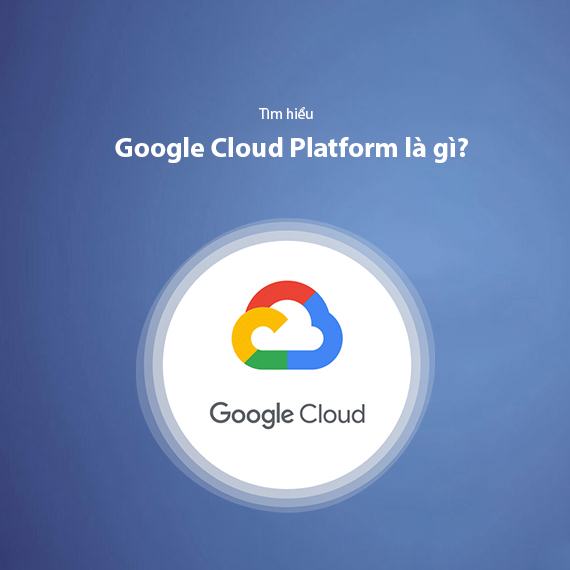
- What is Google Cloud Platform?
- What Are the Key Services Offered by Google Cloud?
- Cloud Computing Services
- Data Storage and Management
- Networking
- Data Analytics and Artificial Intelligence
- Google Maps Platform
- Additional Services
- Benefits of Using Google Cloud
- Basic Guide to Using Google Cloud
- Certifications of Google Cloud Platform
- Google Cloud Pricing
- Conclusion
What is Google Cloud Platform?
Google Cloud Platform (GCP) is a comprehensive cloud computing platform provided by Google, enabling businesses and individuals to easily build, deploy, and manage online applications. GCP offers a diverse ecosystem of services, from data storage, Big Data analytics, to Artificial Intelligence (AI) and Machine Learning (ML), helping users access cutting-edge technology solutions.

One of Google Cloud's standout features is its global infrastructure, with data centers distributed across various regions, ensuring high performance, reliability, and scalability. In addition, tools like Google Kubernetes Engine (GKE) and Cloud Functions simplify resource management and optimization while reducing initial investment costs.
What Are the Key Services Offered by Google Cloud?
Google Cloud Platform (GCP) provides a rich ecosystem of cloud services to meet the diverse needs of both small businesses and large organizations. Below are the main service groups offered by GCP:
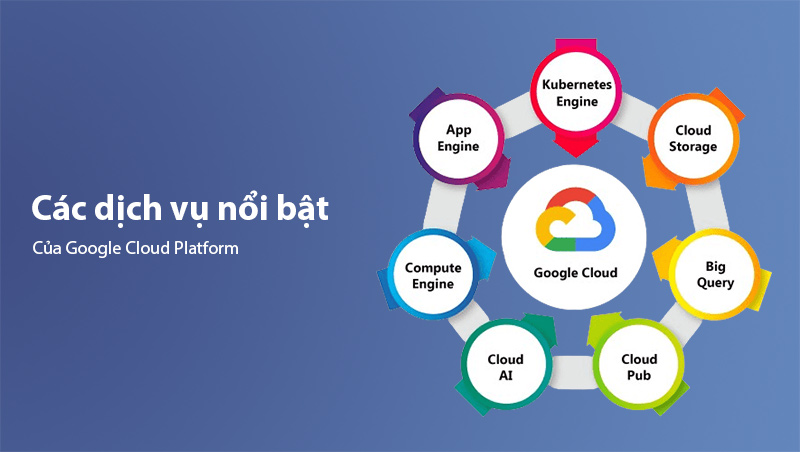
Cloud Computing Services
Google Cloud delivers efficient computing solutions, including:
- Compute Engine: A robust virtual machine service, ideal for high-performance applications.
- App Engine: A serverless platform enabling developers to focus on coding without worrying about infrastructure management.
- Google Kubernetes Engine (GKE): Facilitates container deployment and management, ensuring flexible scaling and efficient operation.
Data Storage and Management
Google Cloud offers optimized storage and database solutions, such as:
- Cloud Storage: Unlimited storage with high security and cost-efficiency.
- Bigtable: A NoSQL database handling massive data volumes at lightning-fast speeds.
- Spanner: A globally distributed relational database service ensuring consistency and performance.
- Cloud SQL: Simplifies the management of relational databases like MySQL, PostgreSQL, and SQL Server.
Networking
GCP's networking services are optimized for speed and security, including:
- Cloud CDN: A content delivery network to accelerate page load times and enhance user experience.
- Cloud DNS: A fast and reliable DNS service.
- Virtual Private Cloud (VPC): A private network system enabling businesses to build secure cloud environments.
Data Analytics and Artificial Intelligence
Google Cloud is a top choice for businesses looking to harness the power of data through:
- BigQuery: A large-scale data analytics platform offering rapid query processing.
- Vertex AI: A comprehensive tool for building, deploying, and managing machine learning models.
- TensorFlow: An open-source deep learning framework optimized for AI and machine learning applications.
Google Maps Platform
In addition to cloud computing services, Google Cloud Platform provides Google Maps Platform, a leading tool for applications that use map data. This service is vital for businesses integrating detailed map information into their apps and websites. Google Maps Platform covers three main areas:
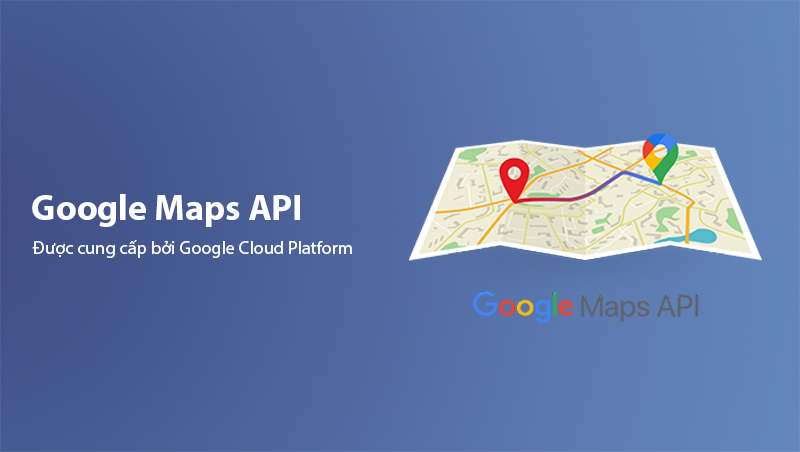
- Maps: Offers APIs for interactive maps on apps and websites. Users can customize map appearances and add specific locations or routes.
- Routes: Supports finding the best routes between locations, displaying travel times, and real-time traffic information.
- Places: Provides detailed information about places, including names, addresses, reviews, and photos, enhancing user experience in navigation or location-based applications.
Google Maps Platform is especially suitable for businesses in transportation, logistics, real estate, and e-commerce. Its deep integration with other GCP services enhances user experience and provides competitive advantages.
Explore More: What is Google Maps API? A Detailed Guide for Effective Use
Additional Services
Beyond the above, Google Cloud also excels in services like:
- Security: Tools like Cloud IAM and Security Command Center ensure comprehensive security.
- Development Tools: Includes Cloud SDK and Cloud Build to support application deployment and management.
- IoT: Cloud IoT Core connects and manages IoT devices on the cloud platform.
With its diversity and strong integration capabilities, Google Cloud Platform is a comprehensive solution, helping businesses optimize performance and foster innovation.
Benefits of Using Google Cloud
Google Cloud Platform offers numerous advantages to businesses of all sizes, from cost savings to improved performance and security. Below are its key benefits:
-
Flexible Scalability: GCP allows businesses to easily scale resources up or down based on needs, optimizing costs while maintaining performance.
-
High Performance: With a global infrastructure and cutting-edge technology, Google Cloud ensures services operate with speed, stability, and reliability.
-
Optimal Security: Google Cloud invests heavily in security tools, from data encryption to identity management, protecting businesses from cyber threats.
-
Cost Efficiency: GCP's pay-as-you-go model helps businesses minimize infrastructure investment and only pay for the resources used.
-
Support for Modern Technologies: With AI/ML services, Big Data analytics, and IoT solutions, GCP helps businesses leverage advanced technologies to enhance competitiveness and innovation.
These benefits not only enable businesses to operate more efficiently but also create opportunities for sustainable growth in an ever-evolving technological landscape.
Basic Guide to Using Google Cloud
Getting started with Google Cloud Platform (GCP) can be an exciting yet challenging experience if you are new to the platform. Below is a step-by-step guide to help you quickly grasp and use GCP effectively:
-
Sign Up for a Google Cloud Account:
- Visit the Google Cloud homepage and click the "Get Started" button.
- Register for a Google Cloud account using your Google credentials. Google provides $300 in free credits for new users within 90 days.
-
Access Google Cloud Console:
- After signing up, log in to the Google Cloud Console, the main interface for creating and managing your projects.
-
Create a Project:
- In the Console, click “Create Project”. This is the first step to setting up your working environment in GCP.
- Name your project and select a billing account.
-
Enable Necessary APIs:
- Most services on Google Cloud require enabling the corresponding APIs. For example, if you use Compute Engine, activate the Compute Engine API under "APIs & Services."
-
Choose and Use Services:
- Computing: Access Compute Engine to create virtual machines or use App Engine to deploy serverless applications.
- Storage: Use Cloud Storage for file storage or Cloud SQL for relational databases.
- Analytics: Experiment with BigQuery for large-scale data processing.
-
Use Cloud Shell:
- Google Cloud offers Cloud Shell, an integrated command-line environment, for managing and deploying resources without installing tools on your local machine.
-
Monitor Usage and Manage Costs:
- Access Billing in the Console to monitor expenses, set budgets, and receive alerts when costs exceed desired thresholds.
-
Documentation and Support:
- Explore the Google Cloud Documentation to learn detailed information about each service. Google also provides a strong support community through forums and events.
Getting familiar with Google Cloud may take some time, but its flexibility and power will undoubtedly unlock countless opportunities for you to harness the potential of cloud technology.
Certifications of Google Cloud Platform
Google Cloud Platform stands out not only for its diverse services but also for its recognition with numerous international certifications in security, compliance, and quality. These certifications ensure that GCP meets the highest standards, giving businesses peace of mind. Notable certifications include:
- ISO/IEC 27001, 27017, and 27018: International standards for information security management, cloud security, and personal data protection.
- SOC 1/2/3: Audit certifications for internal control systems, ensuring transparency and security in services.
- HIPAA: Meets security and privacy requirements for medical data, suitable for the healthcare sector.
- GDPR Compliance: Complies with EU data protection regulations, enabling businesses operating in the EU to meet legal requirements.
- FedRAMP: Approved by the U.S. government to provide cloud services to federal agencies.
These certifications demonstrate Google’s commitment to security and compliance, making it easier for businesses to meet regulatory requirements in specialized fields.
Google Cloud Pricing
Google Cloud Platform offers flexible pricing models, enabling businesses to effectively manage costs and pay only for what they use. GCP's pricing is based on several factors, such as the type of service, resource volume, and usage time, with standout features including:
-
Pay-As-You-Go: Businesses only pay for the resources they use, without requiring long-term commitments.
-
Sustained Use Discounts: Services like Compute Engine offer automatic discounts for resources used continuously over a long period.
-
Free Tier: Google Cloud provides a free tier with limited resources, ideal for small projects or testing. Some benefits include:
- 1 small virtual machine free per month.
- 5GB of storage in Cloud Storage.
- Free queries on BigQuery (up to 1TB per month).
-
Enterprise Discounts: Large organizations can directly contact Google to negotiate customized contracts and optimize usage costs.
Google Cloud also offers the Pricing Calculator, allowing users to estimate service costs based on specific needs. With transparent and flexible pricing policies, GCP is suitable for businesses of all sizes.
Refer to the article on How to Optimize Costs on Google Cloud.
Conclusion
Google Cloud Platform (GCP) is not just a powerful cloud platform but a comprehensive tool that helps businesses optimize operations, storage, and data analytics. With a diverse ecosystem of services like Compute Engine, BigQuery, Google Maps Platform, and advanced AI/ML tools, GCP offers solutions suitable for all scales and industries.
Using GCP not only helps businesses minimize infrastructure costs but also enhances competitiveness through exceptional flexibility and security. From small businesses leveraging the power of the cloud to large corporations expanding globally, Google Cloud is a trusted choice.
Start your journey with Google Cloud today and unlock the endless possibilities this platform has to offer.
Latest Posts
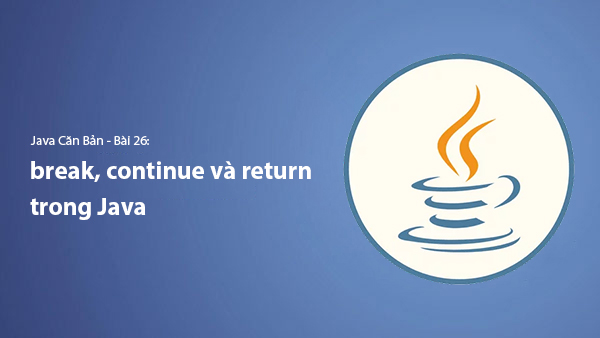
Lesson 26. How to Use break, continue, and return in Java | Learn Java Basics
A guide on how to use break, continue, and return statements in Java to control loops and program execution flow effectively.
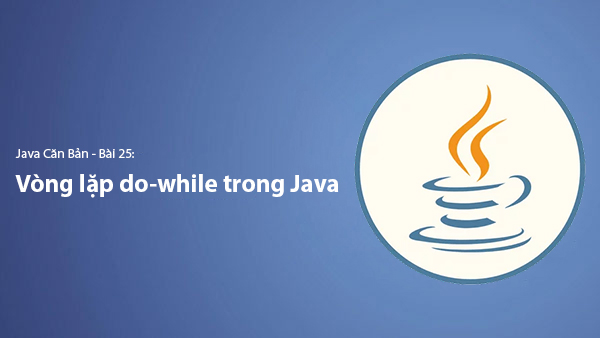
Lesson 25. The do-while Loop in Java | Learn Basic Java
A detailed guide on the do-while loop in Java, including syntax, usage, examples, and comparison with the while loop.
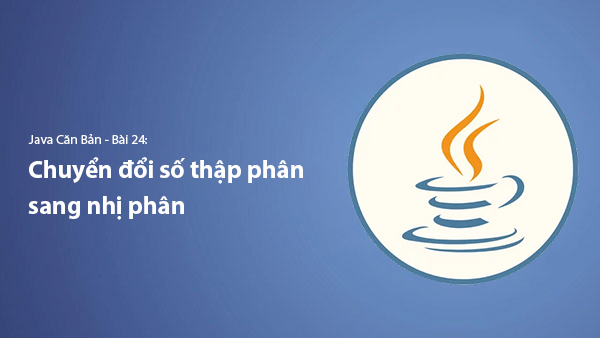
Lesson 24. How to Convert Decimal to Binary in Java | Learn Basic Java
A guide on how to convert numbers from the decimal system to the binary system in Java using different methods, with illustrative examples.
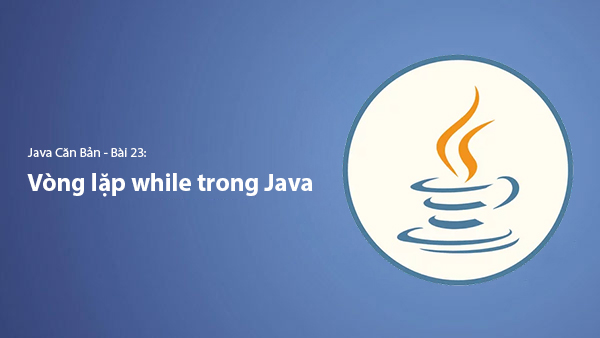
Lesson 23. How to Use the While Loop in Java | Learn Java Basics
Learn how to use the while loop in Java with syntax, real-world examples, and practical applications in Java programming.
Related Posts
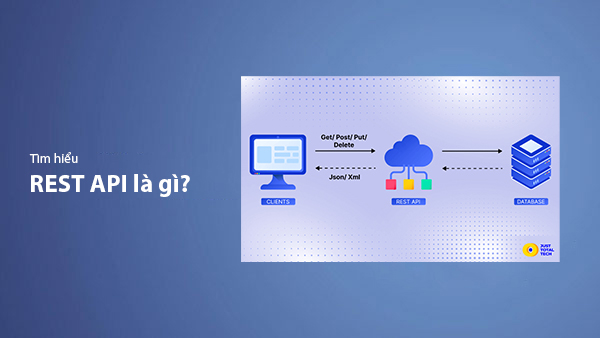
What is REST API? Complete A-Z Knowledge About REST API
REST API is one of the essential concepts that every backend developer needs to fully understand. This article provides comprehensive knowledge about REST API, including its definition, principles of operation, and how to build a standard RESTful API.
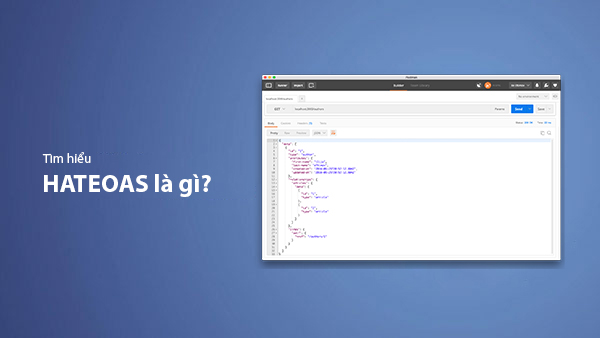
What is HATEOAS? How to Build APIs Using HATEOAS
Learn about HATEOAS, an important concept in API development, and how to build APIs using HATEOAS to improve interactivity and scalability.
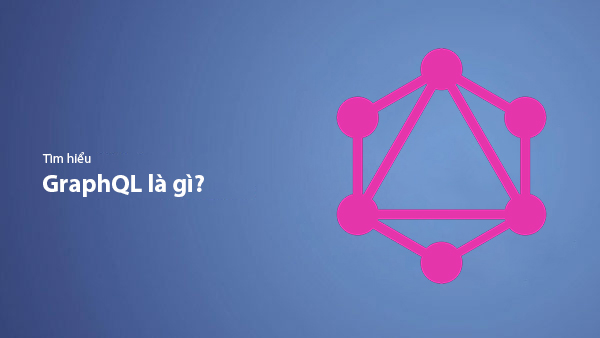
What Is GraphQL? The Advantages of GraphQL Over REST API
Explore GraphQL, a modern API technology, and why it outperforms REST API in many web development scenarios.
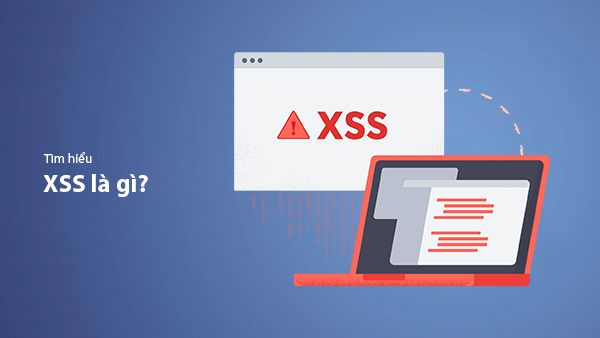
What is XSS? Signs of Detection and Effective Prevention Methods
Learn about XSS, signs of detection, and effective prevention methods for XSS attacks in websites.

